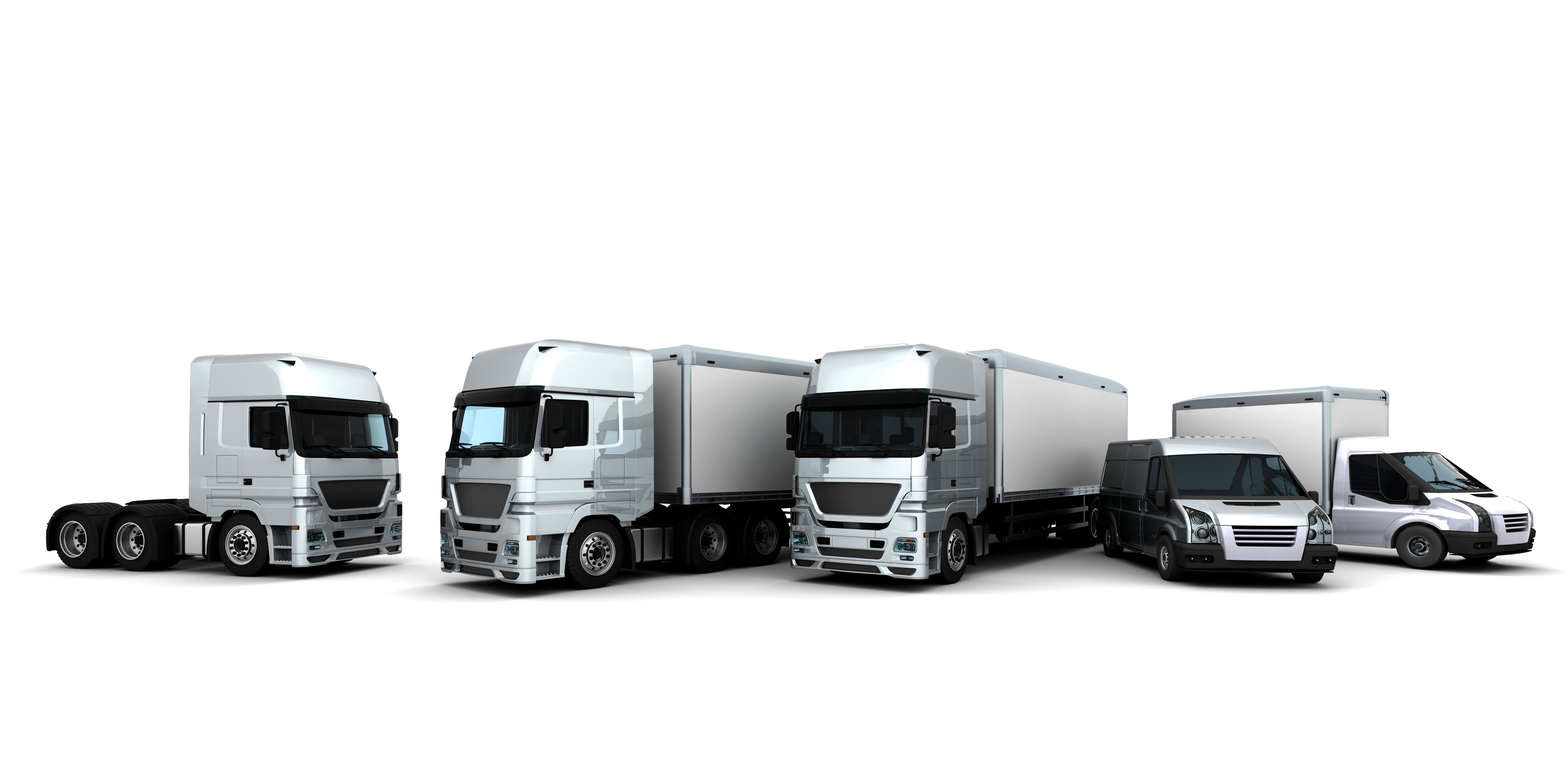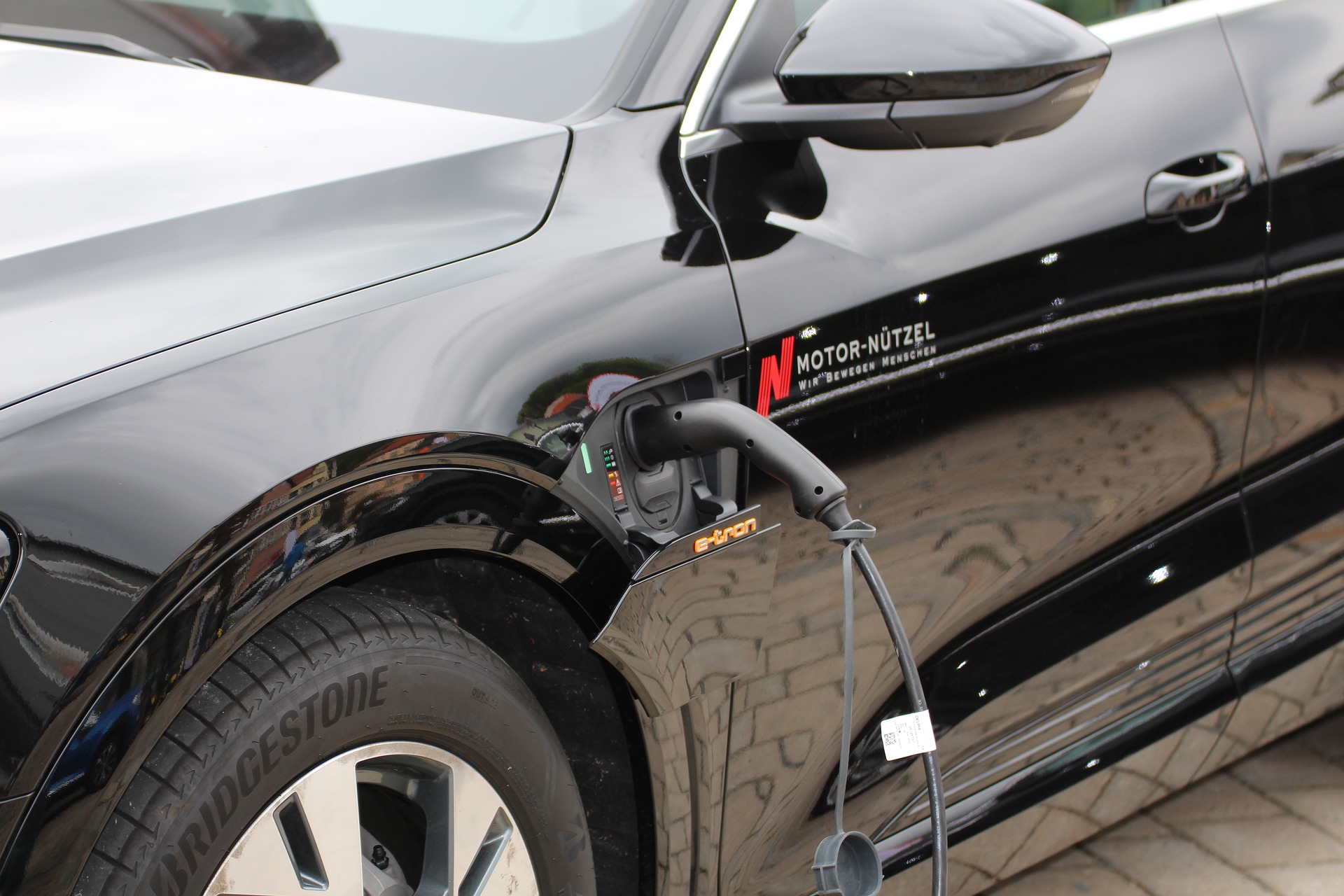Several governments are currently implementing a series of measures pertaining to air quality and climate change, with a view to improving the health of people and the environment while reducing the greenhouse gas effect caused by CO2 emissions.
One such measure is the prohibition or restriction of diesel in vehicles, owing to its contaminating emissions that are harmful to the environment and people’s health. For this reason, the use of diesel is likely to disappear in the long term. There is also significant social pressure regarding climate change, with movements supporting a shift in energy model from fossil fuels to cleaner energies.
There are various alternative energy sources to diesel which contaminate less, such as natural gas. However, this energy source is only likely to be used more once the transition to electric vehicles, so in the long-term future, fleet vehicles will be electric: using either batteries or hydrogen fuel cell.
Electric vehicles are attaining progressively higher ranges, while charging times are progressively dropping. Currently, the use of electric fleets in urban environments is viable for cars, vans, motorcycles, urban buses, last mile carriers and municipal services, such as the collection of solid urban waste, and in fleets that operate in enclosed areas such as mining, agriculture, ports and logistic platforms.
The six biggest reasons to electrify a fleet of vehicles are:
- The company’s general policy: the general policies of most companies include some or all of the following directives and action measures, pertaining to sustainability, environmental protection, climate change and a commitment to reducing its contaminating emissions and CO2-related greenhouse effects and carbon footprint. As such, the fleet management should consider these policies when developing new products/services.
- Social movements demanding the use of less-contaminating and cleaner energy sources than fossil fuels, with a view to fighting climate change.
- The cost of fuel: this is the highest operating cost of a fleet and one of the biggest contributors to the total cost, along with the vehicle’s depreciation and the wages of the drivers. Currently, the cost of energy in an electric vehicle is much cheaper than that of a vehicle which runs on fossil fuels. Furthermore, the maintenance cost is also much cheaper.
- Legislation: we need to adhere to current legislation pertaining to contaminating emissions, predominantly in urban environments, in order to use the fleet and provide our service, with this varying from country to country. For example, in Spain, 4 types of legislation affect fleets of vehicles: European Union legislation and legislation pertaining to the Spanish state, autonomous regions and municipalities.
- Clients/users: companies are setting maximum limits for their suppliers regarding contaminating emissions, and refuse to collaborate if these figures are exceeded. Furthermore, users of fleets are also demanding less-polluting vehicles. Electric vehicles do not emit contaminating emissions, meaning they can be used at any time or place.
- Gain a competitive advantage in the market by using a zero-emission fleet, as there are very few electric fleets currently in existence.
There are many different benefits of using a fleet of electric vehicles: zero emissions, lower energy cost, the ability to use the vehicle in the city centre, etc. However, there are also several disadvantages, including: lower range, the increased purchase price of vehicles, battery life, the required infrastructure and charging time.
As such, before transforming a fleet of vehicles that run off fossil fuels into an electric fleet, it is important to conduct a viability study which includes the following aspects: minimum range to provide the service, location of charging points, charging type, charging speed, charger type, vehicle type, etc. to ascertain whether it is operationally and financially viable for our company to provide its service.
Sooner or later all fleets of vehicles will become electric; as such, the sooner you make this change, the more beneficial it will be for your company, owing to all of the advantages that it entails.
Advanced Fleet Management Consulting converts your fleet of fossil fuel vehicles into an electric fleet, carrying out everything from the viability study to the implementation and development of the fleet.
Please feel free to contact us if you want to electrify your fleet of vehicles.
Download free our eBook “Introduction to Fleet management” that develops how to manage any type of vehicle fleet through all his activities and key factors.






























